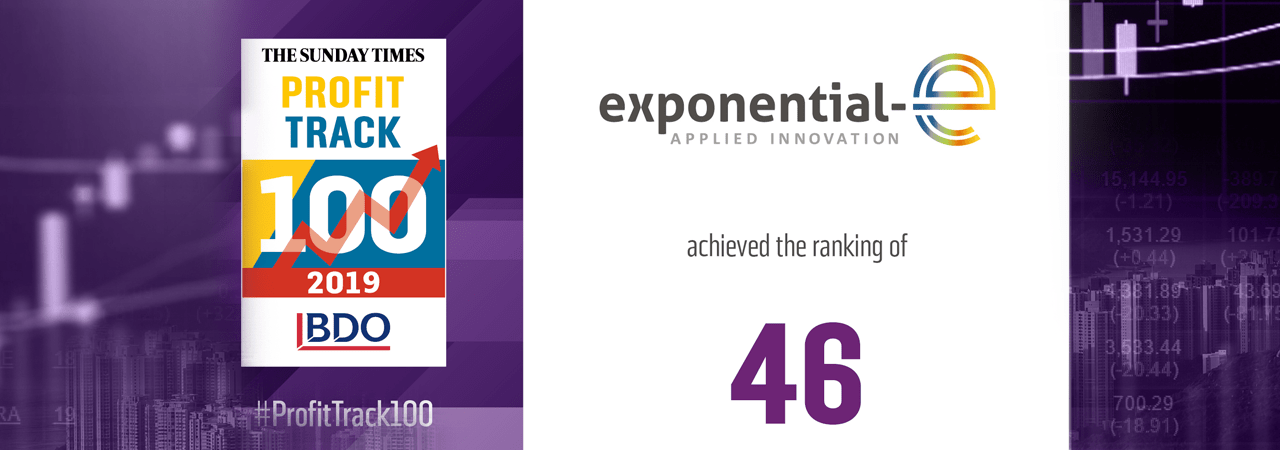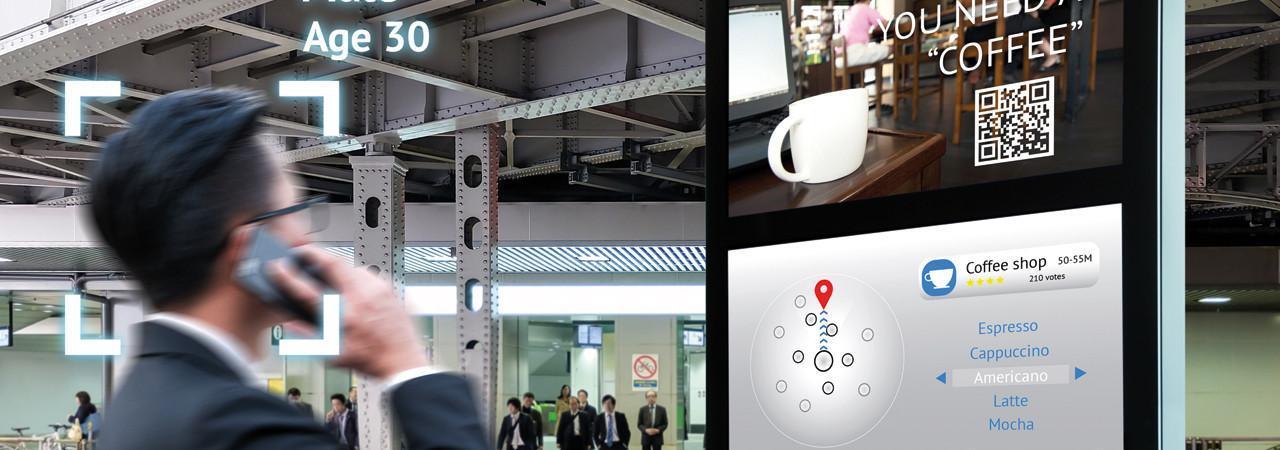Would early favourites Silver Cloud (last year's champions) walk away with the trophy? How would the rivalry - now in its fourth year - between Sprout IT and Exponential-e's team play out? On the big day, Vonage, The Phone Co-Op, Sprout IT, Natilik, Silver Cloud, Net Premacy, and Blue Saffron all came together to 'channel' their inner Messi.
Natilik's No.10 Omar was the standout player on the day, scoring the most number of goals and coming inches away from hitting the bar in the Cross Bar Challenge. No mean feat from the halfway line into the wind! Silver Cloud came close to another place in the final, but their dreams were snatched away by Natilik.
Clearly enjoying the glorious sunshine, our Head of Channel Alp Kostem stepped up for the Cross Bar Challenge in his linen jacket and Ray-Bans, much to the amusement of the players. A valiant effort,but the general consensus was that he ought to stick to his day job. Once again, Exponential-e's own Eric Ascott took control of the microphone and nimbly guided everyone through the day with matchless witty banter. A weekend radio DJ gig should definitely be on his bucket-list.
In the end though, Vonage were crowned the winners, looking on course for a campaign to rival Liverpool's recent success. We look forward to seeing the team next year as they mount a defence of their title -- no doubt training's already well underway.
Each year we sponsor a different charity. This year, we chose Great Ormond Street Hospital (GOSH), a globally renowned centre of excellence in child healthcare founded in 1852. Working with the UCL Great Ormond Street Institute of Child Health, GOSH forms the UK's only academic Biomedical Research Centre specialising in paediatrics. A clear reminder of how precious life is, we're tremendously proud to have raised £7,500 to help the organisation with their mission to fund research into children's healthcare and to finding new and better ways to treat childhood illnesses.
As the game ended, the Crystal Palace Hospitality Team did not disappoint. Hot showers, cold beer, and solid meal were provided after the tournament. Our Managing Director Mukesh Bavisi wrapped up the day by handing out the well-deserved awards to the teams and, more importantly, the presentation of the cheque to Amy from the amazing GOSH. For die-hards, the evening rolled on atWesthow House pub in Crystal Palace, recounting tales of their sporting prowess and dreaming of playing in the Premiership next Season. No doubt there were some sore limbs and heads the morning after, but it was all worth it for such a successful day.
Thanks to everyone who helped make this happen and for their generous donations to such an important cause. The amazing life-changing operations and treatments GOSH carries out every single day to children is just outstanding. We are delighted to be able to contribute to this and help the many GOSH children patients and their families. Till next year!
In part one of this two part blog series, we looked at why "bricks-and-mortar" retailers are embracing Digital Transformation in order to compete with the new breed of online retail giants.
In part two, we look at the specific challenges Digital Transformation is throwing up for the high street, and how these challenges can be addressed.
Today we are delighted to announce that Exponential-e has been listed at 46 in The Sunday Times BDO Profit Track 100 - a rise of 43 places following our debut last year at 89. Our inclusion was driven largely by our work in Digital Transformation, offered through our industry-leading SD-DP, the benefits of which have been seen by a diverse range of customers. Another key factor behind our inclusion are the record-breaking numbers we've enjoyed for the financial year ending 31st January 2019. Currently, we are on track for £150m revenue, with no acquisitions or VC funding along our business journey.
The Sunday Times BDO Profit Track 100 league table ranks Britain's top 100 private companies according to which has seen the fastest-growing profits over the last three years. Compiled by Fast Track, it's published as a supplement in The Sunday Times every April, with a national awards event held in June. This prestigious league table is a clear indicator of businesses that have developed and refined their offerings to grow at an economy-leading rate.
There's no doubt that the past year has been the best yet for Exponential-e, with our industry-leading SD-DP solving Digital Transformation concerns all over the UK and beyond. The SD-DP integrates core and edge computing, bonded with SD-WAN and SD-Data Centre, to form an underlying advanced network that enables data to flow freely yet securely between multiple clouds, from wherever it's stored through to the end user.
For those using the SD-DP, further improvements come from the Cyber Security Operations Centre (CSOC), launched last year, which monitors for compliance to multiple standards. The most recent technological development for the SD-DP is our Cloud Management Platform (CMP), which enables customers to manage their data and costs of multiple cloud environments through a 'single-pane-of-glass' view.
But what makes this so important right now? To start with, countless organisations in a range of sectors are currently seeking access to more bandwidth-hungry services. Compounding this are a range of new technologies demanding ever-increasing computing power, such as virtual reality, augmented reality, and mixed reality (VR / AR / MR). The SD-DP offers customers fundamental access to real-time cloud performance and cost data, resulting in unprecedented levels of customer satisfaction - a pivotal driver of our place on The Sunday Times BDO Profit Track 100.
At Exponential-e, we always put the customer first, an ethos reflected partly in our real-time NPS score. As such, we've been excited to announce new partnerships over the past year with a wide variety of industry-leading customers, including Virgin Atlantic, The Ritz, Guinness World Records, WWF, and the British Medical Association. We also laid the connectivity foundations for major companies in the US to broadcast the royal wedding when all our competitors said it would be unfeasible.
To be counted amongst the top 100 companies across the UK paving the way in terms of profit growth is testament to the services we provide and how our company's culture consistently looks forward.Connectivity is crucial for companies nationwide; at Exponential-e, we take pride not only in our technology but also in our expert consultancy. We strive to be visionary, constantly evolving and innovating in order to deliver the very best experience to our customers; we're therefore very much looking forward to celebrating our success in achieving these aims with The Sunday Times in June.
According to the latest PwC report, about 14 shops are closing every day in the UK as the high street faces one of its toughest seasons in five years. It’s no secret that the convenience of online shopping has been challenging retailers for some time now. With the world of technology ever changing, retailers need to adapt in order to keep up with both their immediate competitors and the wider industry.
The foundation of Telematics is the technology that collects, stores and sends information between end users and vehicles through telecommunication devices.
As the Financial Services (FS) industry continues to adopt and leverage digital technologies to innovate and deliver customer-centric outcomes, there is also a major focus on inward change, on improving employee experience through streamlining, simplifying and consolidating platforms, infrastructure and processes. Of course, Digital Transformation comes with an abundance of risks. Some of these are already widely recognised and covered by the mainstream media, some are newly emerging, and others are as yet unknown.
I spoke to a globally recognised thought leader on the role of technology and innovation in the Construction industry. Aarni Heiskanen shares his thoughts and vision with me, which are no doubt helping to shape the construction landscape today and more importantly, the future.
While the improvement of IT management remains a goal for all enterprise IT teams, the true aim for IT departments today should be to simplify IT in order to drive business agility. Unfortunately, simplifying IT isn’t so simple.
In the face of globalisation, digitisation, and the entirely new business models that have followed the emergence of new and innovative services, the need for rapid change is being defined and set by customers and their expectations.
The relationship between cloud technology and the Legal sector has been something of a slow burner. Understandably, legal firms have previously been reluctant to adopt cloud technology due to the sensitive data they hold. Through the Cloud, data is able to flow freely to and from recognised enterprise endpoints, but also from mobile devices belonging to employees.
Today, innovation in technology is changing the way digital media is consumed more quickly than ever before. Tech-savvy consumers are creating an ever-growing market for data-intensive HD and UHD content, consuming content online, on the move and on-demand.
The GDPR deadline day of 25th May has been and gone, but sticking to the legislation remains as important as ever. This is because GDPR is, in fact, not something that can just be 'done'; instead, it is ongoing and needs to be constantly changed and updated. The onus is on housing associations to comply with GDPR not just today, but in six months, a year, two years, and beyond.
securityBy 2019, 1 to 2 million roles within cyber security will be unfulfilled. That's a figure that should strike fear into the heart of even the most stoic of business people. The threat of cyberattacks is growing quickly, and there aren't enough skilled people in place to control the wildfire.
This global cyber security skills crisis isn't exactly a new problem, though. Over the last 2 years, 40% of cyber security roles remained unfulfilled, despite an increase in job postings of over 74%. This is a problem, then, that's been smouldering in the background for a long time, and consequently now has the potential to create some serious destruction.
Although there is a growing understanding of how vital cyber security is, organisations still don't necessarily understand exactly how fundamental it is to the success of their companies. Just look at cyber security budgets, which usually account for only 25-30% of an organisation's total IT spend (according to the IDC.)
With the number of attacks only growing, this is clearly not enough money. Every time a company gives an employee a take-home device, they're exposing themselves to a lot more than 25-30% of the total security threats!
Even if there were enough people applying for cyber security roles, the relatively meagre budget allocated to cyber security by most organisations still wouldn't be sufficient to hire all the cyber security professionals they need.
What with the lack of applicants and budget allocation, many companies are now choosing to outsource their cyber security teams. By the time we get to 2020, it's likely that most organisations won't have their own in-house cyber security skills.
For most companies, the best way to plug the cyber security skills gap is to call in organisations that offer an offsite security service. Even better, they can call in an organisation which provides the cyber security element on top of other useful offerings, like network and virtual data centre services (conveniently).
Going this route is making organisations' total IT spend more efficient.
This is because you don't have to invest in the infrastructure. By outsourcing, you can be flexible with the scope of the estate. You are also going to get better quality responses from analysts because they are keen to make sure you want to maintain the service.
These analysts add an extra dimension to the organisation – you don't have to hire them but they're there. To cut a long story short, if and when the big alarm goes off (and something goes wrong), there's always someone there to help fix it. An outsourced security team is probably going to give your organisation a lot more value than the 25-30% you're currently spending on your IT budgets – their expertise will really give you more bang for your buck.
And crucially, you can switch this service on and off as you wish. The job of a Cyber Security Operations Centre (CSOC) is to be there to protect what really matters - when it matters.
Anyone can buy the tools to offer a cybersecurity service. You can buy a firewall quite easily - just pop onto the internet and order one. But the value lies in knowing what the output means – and which next steps to take. Your recently purchased firewall isn't going to do you much good if you don't know what it's telling you. Therefore, most organisations need to bring in expert cyber security monitoring and advisement in order to get the best use out of their technology. And who wouldn't want to do a better job whilst saving money?
Cyber security is more complex now than ever before, and the implications of a cyber-attack can be much more disastrous. Organisations must consider not only the financial implications but the reputational damage that can arise following an attack. The proliferation of social platforms and the increasing needs of regulation, mean that security breaches can be publicised across the globe within minutes. Whilst the cost of launching a cyber-attack has reduced over the last few years, the cost of defence has risen. This is because there's a greater variety of attack vectors – means by which an attacker can gain access to your network. The methods deployed are so vast, compared to previously, that it makes it increasingly difficult to build an effective defence against. Highly sophisticated cyber-attacks are also using automation techniques to maximise their damage, to the extent where one piece of code can be used many thousands of times.
When N3 contracts expired in March 2017, NHS Digital was faced with the challenge of replacing it. The idea was to replace a long-term single supplier contract with a marketplace of network options.
Announcement enables delivery of new data network to health and care organisations
The portmanteau "Fintech" has been an increasingly large part of everyday language in recent years. Fintech hasn't just changed our language, it's changed our financial culture. New technologies, like machine learning, artificial intelligence, and predictive behavioural analytics, have the potential to take the guesswork and habit out of financial decisions.


















